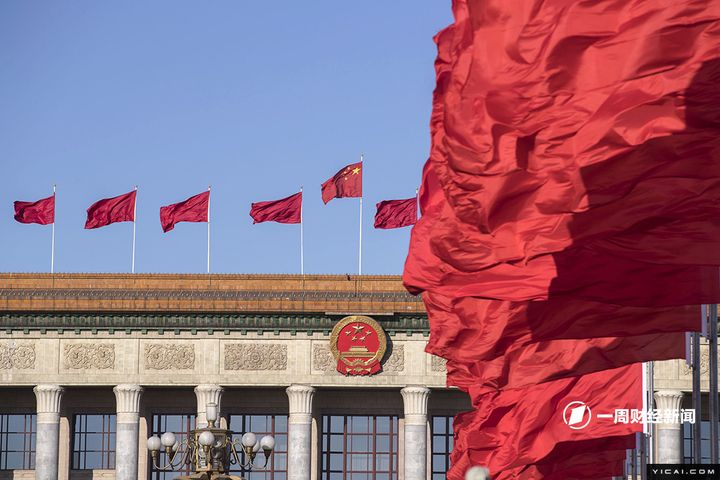 Last Week in Brief: China's Top Financial News in the Week Ending Dec. 15
Last Week in Brief: China's Top Financial News in the Week Ending Dec. 15
The consumer price index rose 4.5 percent last month from a year earlier in an increment that hit a seven-year high, per figures the National Bureau of Statistics issued on Dec. 10. Pork prices remain the major factor which fueling the CPI rise, but the tightness in the pork supply has eased and thus the price increases have slowed.

Overseas institutions held about CNY1.9 trillion (USD272.5 billion) in Chinese bonds and had hiked their holdings for 12 consecutive months as of late last month, per data from China Central Depository & Clearing on Dec. 12.

The China-Russia bilateral trading volume totaled over USD100 billion from January to November and is set to pass USD110 billion this year, Gao Feng, spokesman of China's Ministry of Commerce, said on Dec. 12, adding the two countries are working on high-quality development plans for the trade in goods and services to achieve the goal of a USD200 billion trade volume by 2024.

Dec.13, China and the United States have agreed on the text of a phase one economic and trade agreement based on the principle of equality and mutual respect.
The text includes nine chapters: the preface, intellectual property rights, technology transfer, food and agricultural products, financial services, exchange rate and transparency, trade expansion, bilateral assessment and dispute settlement, and the final terms, according to a statement issued by the Chinese side. Both sides have reached a consensus that the US side will fulfill its commitments to phase out its additional tariffs on Chinese products, so as to achieve a switch from hiking to cutting additional tariffs.

More than 2,200 firms listed on Chinese mainland stock markets had increased or decreased their industrial capital this year as of Dec. 13, making up 60 percent of all listed companies. These firms have conducted nearly 25,000 increase or decrease operations, of which 3,723 were increase operations and 21,090 were decreases, involving around CNY390 billion (USD55.9 billion). Both the amount of the decreases and the number of decrease operations this year have hit a new high over the past four years. Industrial Capital refers to physical objects that enable production, such as factories, utilities, water and road systems, public information shows.

China Securities Regulatory Commission released rules for companies to spin off and list subsidiaries on the domestic market on Dec. 13. Such firms must have listed at least three years ago and have earned profits for three straight years, while the assets split off must not exceed 30 percent of the parents net assets.

The new personal income tax cut was CNY442.6 billion in the first three quarters, and the reduction was CNY1,764 (USD253) per capita, government data issued on Dec. 14 show.

The MSCI and FTSE Russell indexes and other major global stock and bond indexes have included China's mainland A-shares, government bonds, policy financial bonds and other assets, Chen Hulu, deputy governor of the People's Bank of China, said on Dec. 14. International investors are attending to the Chinese market more, and international capital inflows to the country have risen significantly. Foreign investors increased their net holdings of Chinese stocks and bonds by about USD90 billion in the first three quarters.

The Shanghai Stock Exchange Composite Index closed at 2,967.68 points last week, rising 1.91 percent or 55.67 points during the period. The Shenzhen Stock Exchange Composite Index closed up 1.28 percent or 126 points at 10,004.62. The Growth Enterprise Market index jumped 1.66 percent -- or 28.61 points -- to 1,755.41.
Editor: Ben Armour